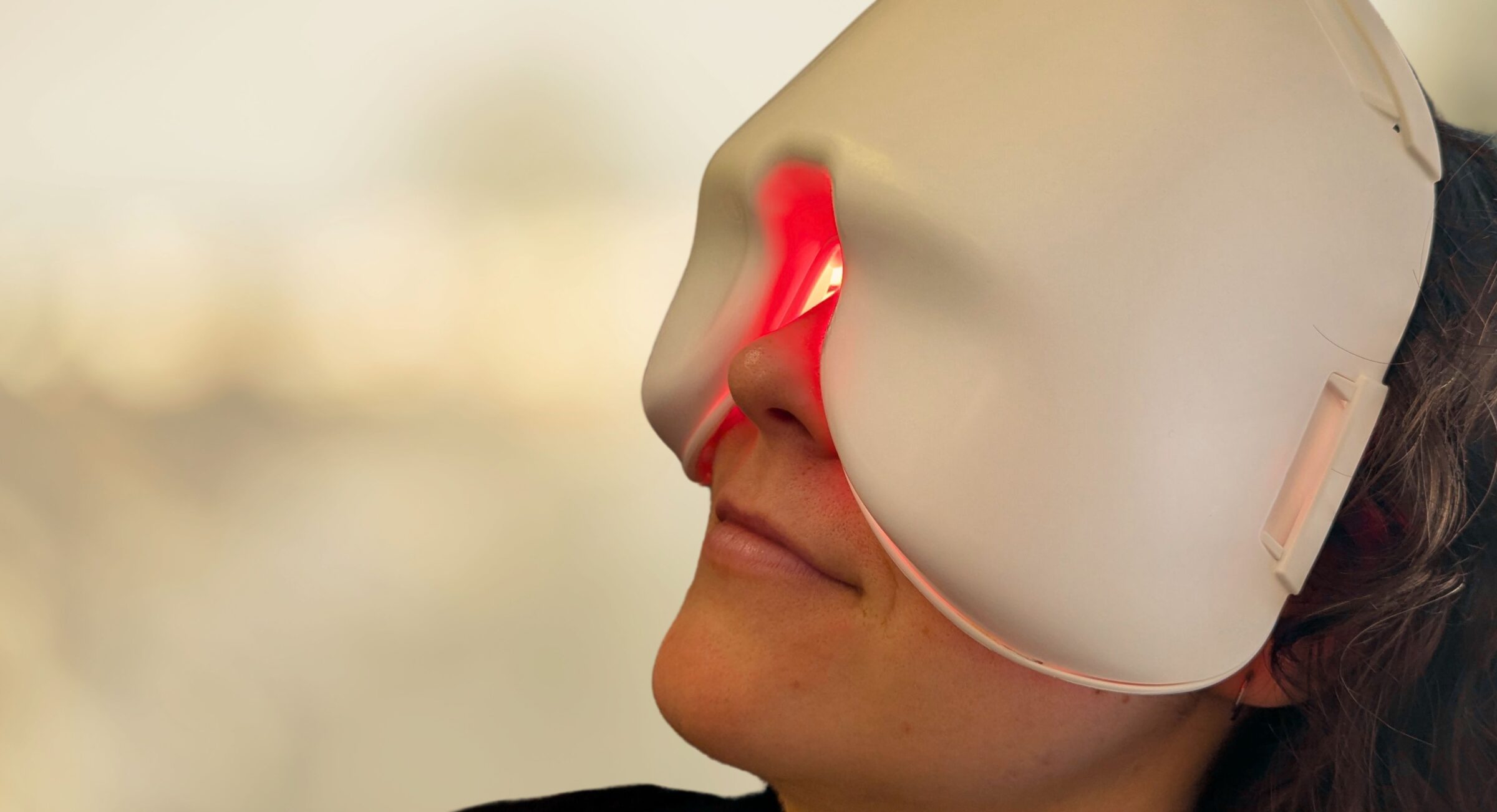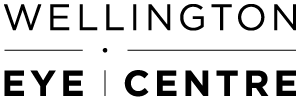The most common procedures on the human eye are laser eye surgery and cataract surgery. They are totally different procedures and are usually carried out for different reasons. But they can affect each other, and many people who are thinking about having vision correction surgery have concerns about how laser eye surgery can affect cataracts and vice versa. This article will discuss some of the common concerns people have. But first a brief introduction.
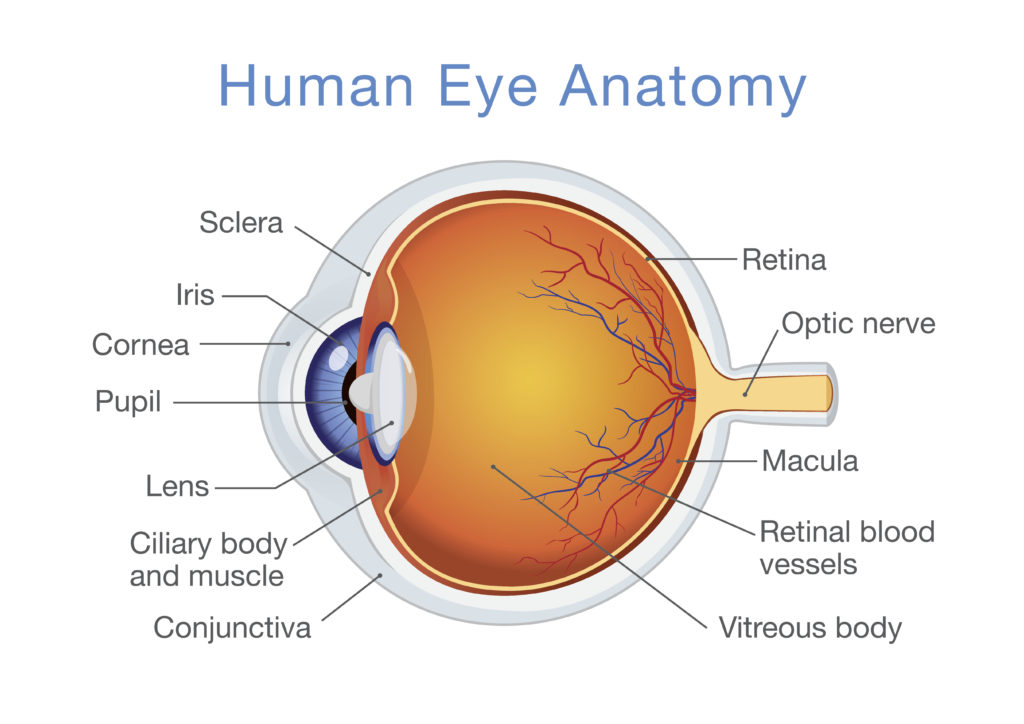
Laser eye surgery
Laser eye surgery procedures such as LASIK, SMILE® and PRK involve using special lasers to reshape the cornea, which is the front surface and main focusing component of the eye. They are all carried out entirely on the outer surface of the eye. Laser eye surgery can correct short and long sight, astigmatism and presbyopia.
Cataract surgery
A cataract is when the lens becomes cloudy. Cataract surgery involves removing this now cloudy lens of the eye. The lens of the eye provides about 40% of the eye’s total focusing power. In younger people, it also adjusts the focus for near and far vision. An artificial Intra-Ocular Lens (IOL) usually replaces the cloudy lens. This compensates for the loss of focusing power caused by the removal of the cataract. Many different types of IOLs are available including; monofocal IOLs which can give good vision without glasses at one distance, multifocal IOLs which can give a larger range of clear vision without glasses, and toric IOLs which can correct astigmatism. The surgeon will choose the correct IOL for each patient’s needs. The correct IOL will correct vision and reduce the need for glasses after surgery.
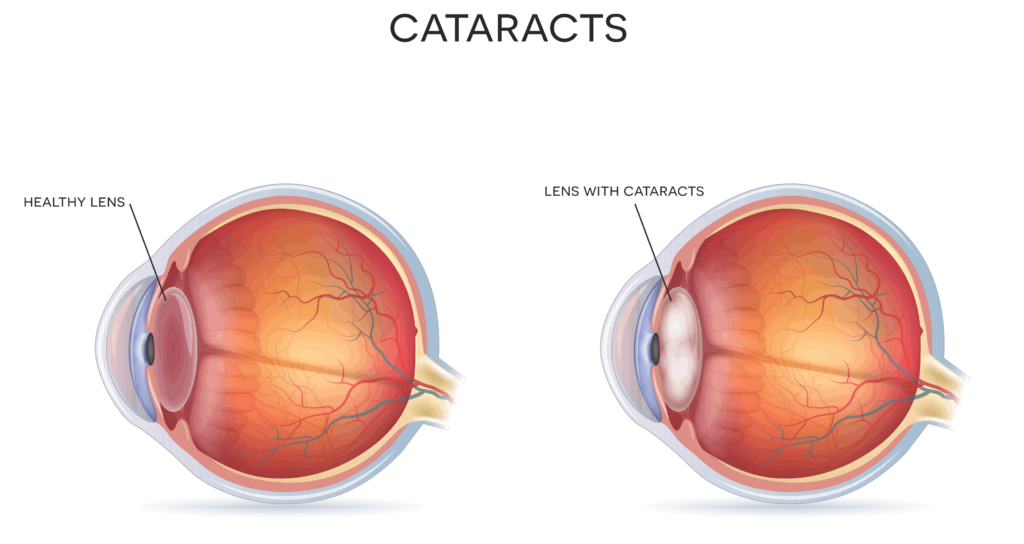
From this, you can see that both laser eye surgery and cataract surgery can correct vision to reduce dependence on glasses or contact lenses for clear vision.
We currently don’t perform cataract surgery at the Wellington Eye Centre. The presence of cataracts can make you unsuitable for laser eye surgery, which is explained more below. If this is found to be the case following an assessment then we will happily refer you to another practice.
Common Questions About Laser Eye Surgery and Cataracts
Does laser eye surgery cause cataracts?
Laser eye surgery will not cause cataracts to develop at a younger age. If you are going to develop cataracts as you get older, it will happen whether or not you have had laser eye surgery.
The lasers work by using ultraviolet or infrared light to reshape the cornea and correct vision. Neither of these types of light penetrates through the cornea into the interior of the eye. Therefore they are incapable of causing a cataract to develop, or to progress if one is already present.
Does laser eye surgery interfere with me having cataract surgery when I am older?
No, laser surgery does not interfere in any way with having cataract surgery later on, if you need it.
The normal lens in the eye is removed during cataract surgery and replaced with an artificial lens called an IOL. A device called an optical biometer measures the eye. This calculates the correct power of IOL. Part of this calculation involves measuring the curvature of the cornea, which laser eye surgery reshapes. Previously, the reshaped cornea interfered with the calculations made by the biometer, often resulting in “refractive surprises”. The interference introduced inaccuracies and errors in the choice of IOL. However, in recent years, we have a better understanding of why this occurs. We also have better biometers that can compensate for corneas which have had previous LASIK or SMILE surgeries. Now choosing a suitable IOL for someone who has had laser eye surgery is just as accurate as it is for someone who has never had laser eye surgery.

Can I have laser eye surgery if I am developing cataracts?
In theory, you could do so, however, this is on a case-by-case basis. Your surgeon may recommend you pursue “cataract surgery” if there are signs of cataracts. Also known as “refractive lens exchange” (RLE) or “clear lens exchange” (CLE), as an alternative way of getting out of glasses or contact lenses.
During your medical assessment for laser eye surgery, your surgeon will check for signs of developing cataracts. If the cataracts are significant, affecting your vision or look to be progressing they may recommend that you do not proceed. The reason is, that as a cataract progresses, it can cause changes in your vision that will affect the outcome of your laser eye surgery. A worsening cataract can cause the eye to become increasingly short-sighted, and cause a general deterioration in vision quality. We cannot tell how quickly a cataract will progress to the point where it affects vision or how significantly. But in some cases, this can occur within only a few years. Suppose you have recently spent a significant amount of money having laser eye surgery, you are likely to be very annoyed if, within a couple of years, your vision deteriorates due to cataracts.
We currently don’t perform cataract surgery or Refractive Lens Exchange at the Wellington Eye Centre. But if we think this is the option suitable for you following an assessment then we will happily refer you to another practice.
Refractive Lens Exchange
This is quite different from cataract surgery in an elderly person, their vision is usually significantly compromised and glasses will no longer correct this. Someone who is found to have early cataracts during their laser eye surgery assessment is likely to be a bit younger than the average cataract surgery patient. They will also have good corrected vision with glasses or contact lenses.
The procedure of refractive lens exchange surgery is identical to standard cataract surgery, however. The chosen IOL will correct your vision, just as laser eye surgery would have. The lens of the eye, containing the developing cataract, is removed during the surgery. Therefore you will not develop a cataract in the future and your vision should not change in the future.
Why not do refractive lens exchange (RLE) on everyone who wants vision correction surgery?
This sounds like a reasonable idea at first glance. If you have RLE surgery, your vision will not change in the future and you will not develop cataracts. Many eye surgeons will offer RLE to patients over the age of 45 who want out of glasses; whether or not they have signs of cataracts. The usual reasoning is: one procedure, no more cataracts and a lifelong solution to vision correction.
I strongly disagree with this approach for two reasons – cost and risk. If someone has early cataracts at any age and is keen to reduce their dependence on corrective lenses, then it is quite reasonable to carry out our RLE. If they have been fully informed about the risks and benefits of doing so. However, refractive lens exchange has significant additional risks and is substantially more expensive than laser eye surgery. For these reasons, I do not recommend RLE for someone who does not have signs of cataracts.

Risks
The most important concern when choosing between laser eye surgery and RLE is the additional risk associated with refractive lens exchange. Laser eye surgery has low risk and complications. The worst complication that can occur following laser eye surgery is developing a serious corneal infection. In the worst case, this could result in corneal scarring and significant damage to vision, requiring a corneal transplant. However, it is extremely unlikely that permanent loss of vision could occur. The risk of infection following laser eye surgery is approximately 1 in 5000 cases.
By contrast, the two worst complications which can occur following RLE are an intraocular infection or a retinal detachment. The risk of infection is approximately 1 in 2000 cases, which is two and a half times more than laser eye surgery. While an infection after RLE can usually be treated, significant permanent and irreversible loss of vision can occur. Even with successful treatment. A retinal detachment occurring after RLE can also usually be treated, but is not always completely successful. In some cases, as with an infection, permanent and irreversible loss of vision can occur. The risk of a retinal detachment occurring after RLE varies for different individuals, but can be up to one in 1500 cases.
Costs
Because refractive lens exchange requires an operating theatre, more staff and different equipment, it can cost up to 50 percent more than laser eye surgery. The cost of laser eye surgery is between $3200 and $3600 per eye in New Zealand. The cost of refractive lens exchange can be between $5000 and $7500. The type of lens used and which surgeon are both factors in the cost variation.
Deciding to have any type of vision correction surgery is an important and serious decision. It is especially important that you are fully informed of the risks associated. Where possible, you should always choose the safest procedure which is suitable for you.
Do people ever have laser eye surgery after having cataract surgery?
Laser eye surgery is sometimes carried out on people who have had cataract surgery. The reason for doing this is usually that the vision has not been fully corrected by the cataract surgery. This can mean that the person’s eye is short or long-sighted or has astigmatism, resulting in less than optimal vision. This problem can often be corrected by exchanging the original IOL for a different lens which fully corrects the vision in the affected eye. In some cases, however, it is not possible or appropriate to carry out an IOL exchange. In this situation, laser eye surgery can be highly effective at correcting the vision. The results are generally just as good as what is achieved in those who’ve not had cataract surgery.
To find out more about laser eye surgery at the Wellington Eye Centre and whether you’re suitable, get in touch. Or book in for a free, no-obligation, initial laser suitability assessment.
SMILE® is a registered trademark of Carl Zeiss Meditec.
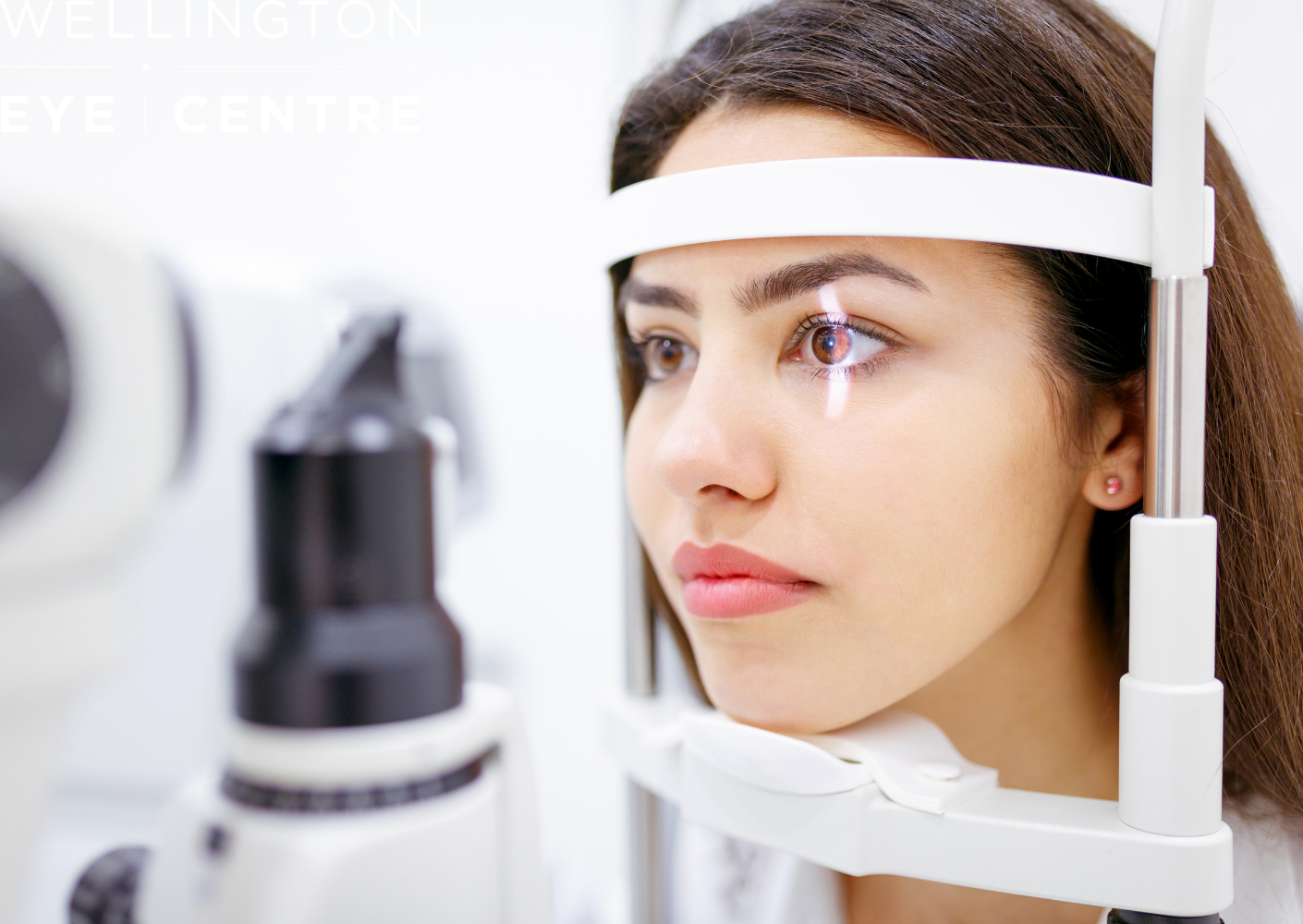
What to expect during your Laser Suitability Medical Assessment at Wellington Eye Centre

Common Medications Used in Laser Eye Surgery
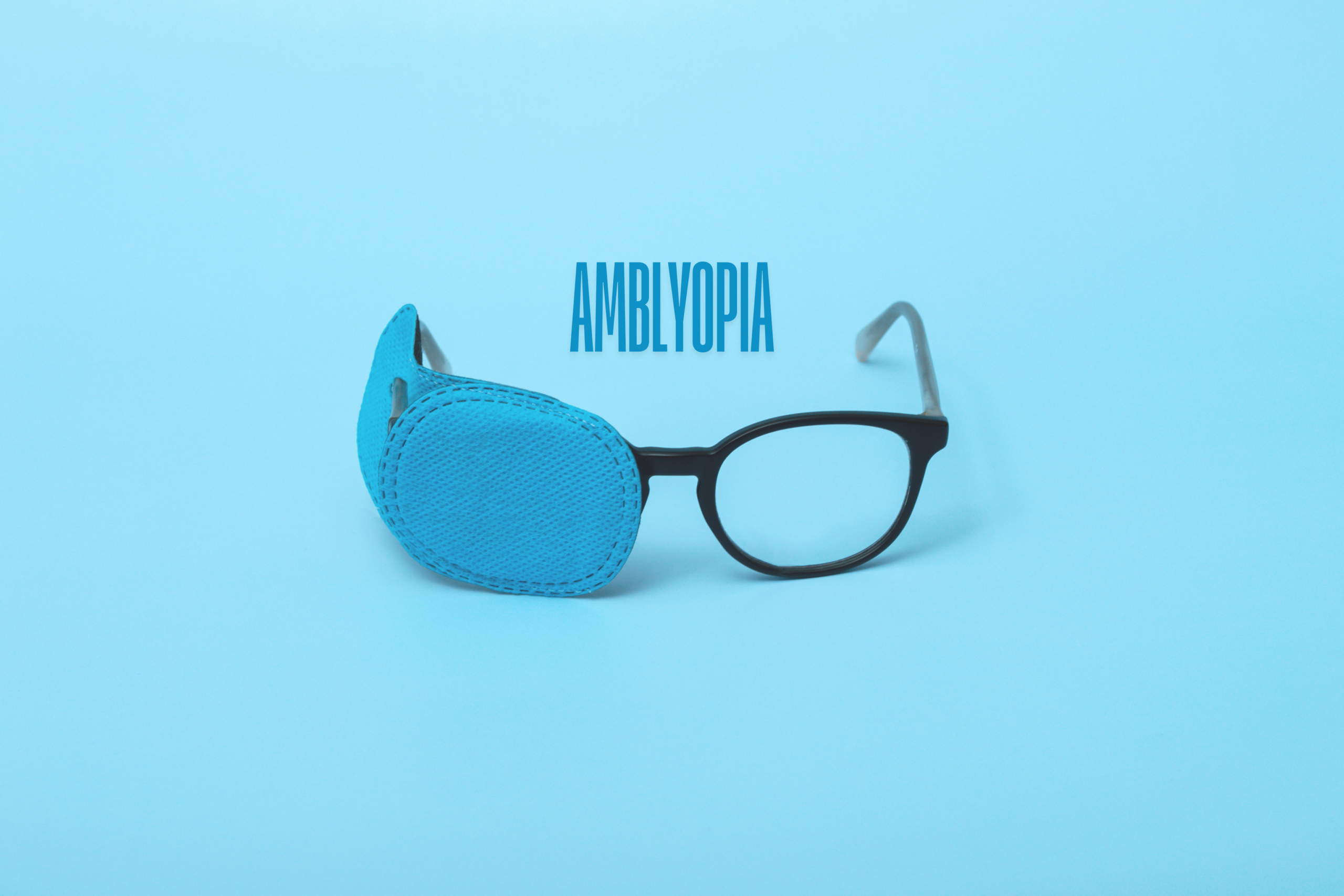
Amblyopia and Laser Eye Surgery

How Much Does Laser Eye Surgery Cost in 2025?

SMILE into Summer
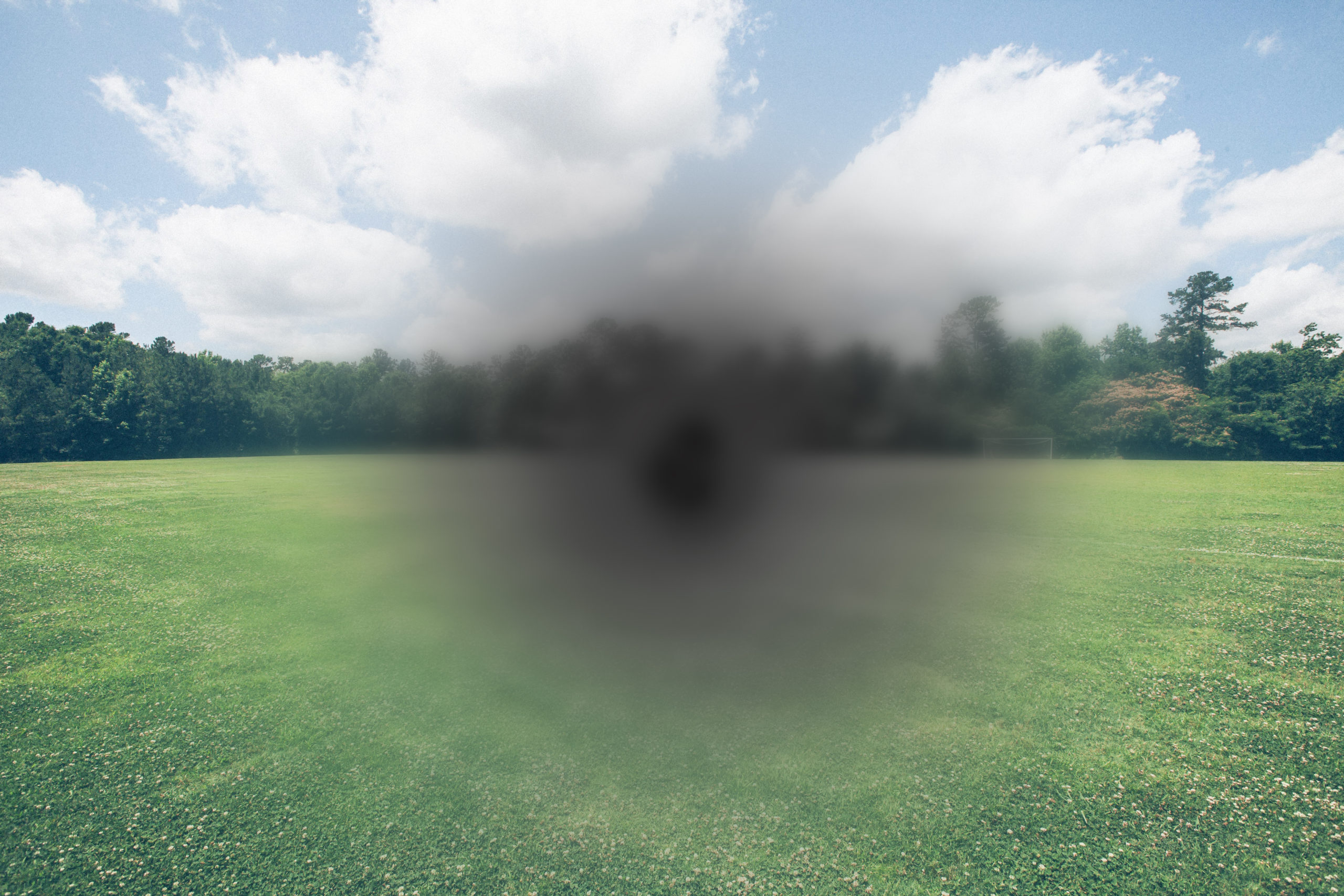
Age Related Macular Degeneration (ARMD)

Wellington Eye Centre Sustainability | How We Reduce Waste & Support the Environment

Everything You Need To Know About Dry Eye

What to expect during your Laser Suitability Medical Assessment at Wellington Eye Centre
